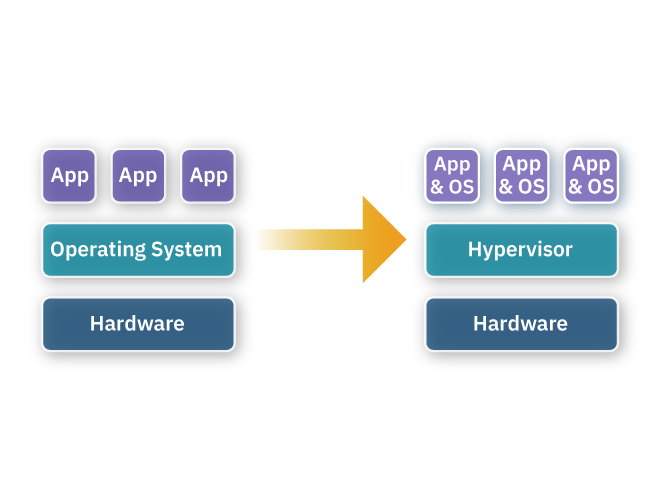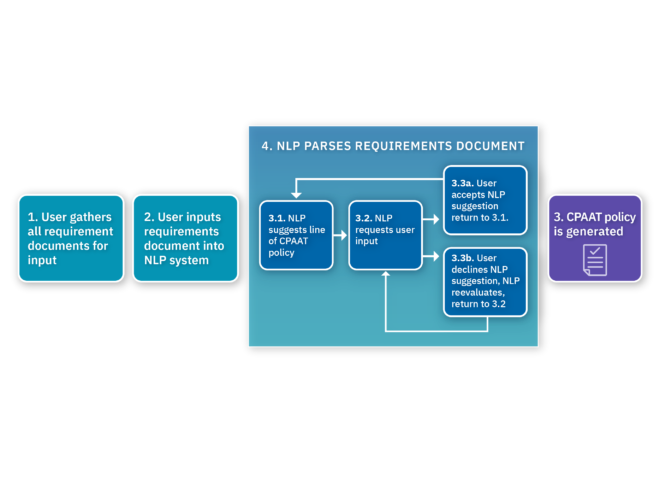Infinite Possibilities, Zero Trust
Zero Trust means our solutions are constantly requiring validation from every user at every stage. Secure and Resilient Systems by Riverside Research is pushing Zero Trust to the tactical edge to ensure mission success in various operating environments. We’re developing for every possible challenge – even the ones nobody’s thought of yet.
Our edge protection techniques align to the DoD and intelligence community, as they are developed by experts with backgrounds in Open Architectures, Multiple Levels of Security (MLS), Anti-Tamper, and Commercial Solutions for Classified. SRS researchers are developing new operating system paradigms, Natural Language Processing techniques, and network protocols to fight through assumed compromised.

Hypervisors & operating systems
Traditionally, security researchers race to the bottom of the operating system to guarantee billions of lines of code above. This strategy of protecting from the bottom offers some guarantees, but often sacrifices performance for security. New least privilege techniques developed by Riverside Research’s SRS team pivot away from bottom-up security to ensure performance and guard against compromise throughout the system. In our group, we study how to implement system software like operating systems and hypervisors to be secure (protect data from disclosure) and resilient (continue operating in hostile cyber environments).

Natural language for the win
The effect of the current intensely manual process of generating machine understandable policy is that more time is being spent working on understanding the security policy than improving security protections. There's a better way, and Riverside Research is dedicated to developing it. That’s why we’re championing the thrust towards Natural Language Policy (NLP). NLP parses natural language to pull out key features faster. This independent research and development effort combined with our existing proven policy creation tools will enable automatic verification of system security and safety.
We have previously used language processing techniques to help users comprehend machine-understandable policies. SRS utilizes Natural Language Policy as part of its Course of action Policy Analysis and Authorization Tool (CPAAT) to provide operators human readable control and formal assurance of their policy enforcement point.

Networking on steroids
You might call us opportunistic – at least when it comes to networking in tactical and public safety situations. Opportunistic Resource Utilization Networks, also called Oppnets, are a current independent research and development focus at Riverside Research. We know that communication is at no point more critical than when lives are on the line.
Oppnets behave like an emergency response team arriving at a disaster scene, growing opportunistically by taking over resources provided by local helpers. An oppnet can invite and integrate independent devices and systems available in the environment. Helpers can be resources that deliver support, communication, computation, and control.
Our current research investigates integrating Oppnets to utilize helpers’ resources for performing Oppnet’s tasks. This will allow responders to utilize all available information during rescue operations. And it provides an alternate tool when there’s a lack of information due to an attack or other signal availability problems.
